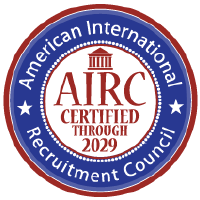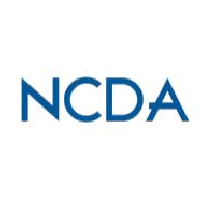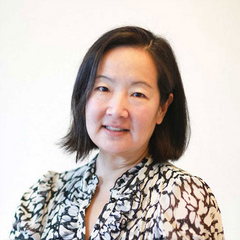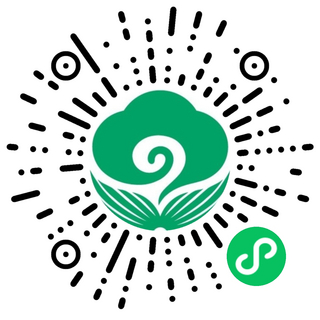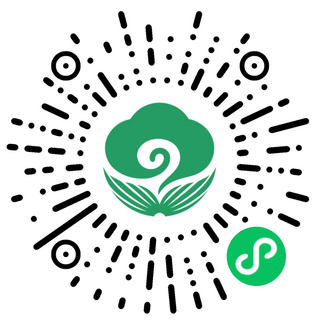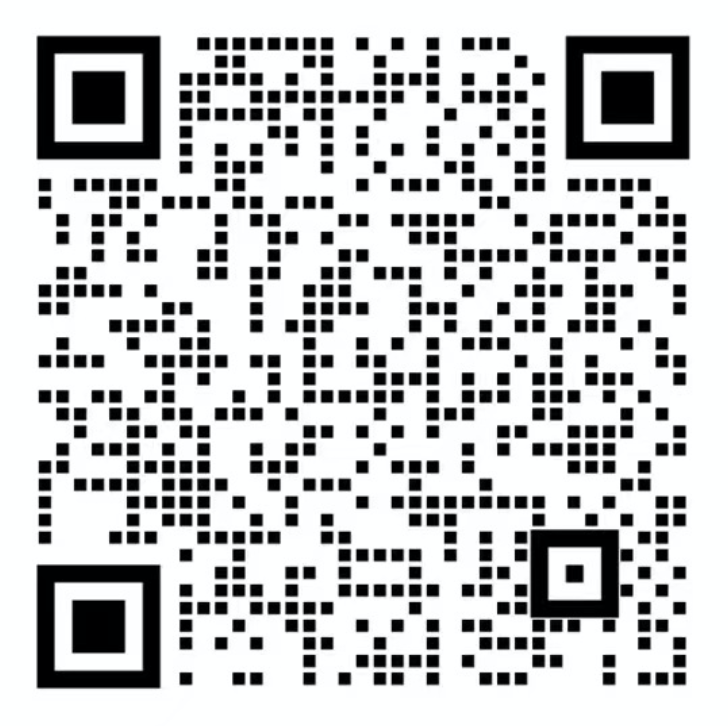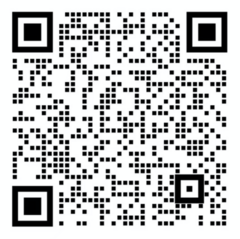
微信客服
wholerenguru3 (厚仁学术哥)
受欢迎度
在2017-2018年度授予的1980644个学士学位中,商业(386201个)、健康专业及相关专业(244909个)、社会科学与历史(159967个)、工程(121956个)、生物与生医科学(118663个)和心理学(116432个)等领域的学位数量最多。根据国家教育统计中心的数据,心理学在最受欢迎的专业中排名第六。

本科研究
由于许多学院和大学都有通识教育的要求,因此大多数学生在本科阶段都会选修心理学入门课程,因此满足社会科学的要求。心理学概论通常包括心理学的各个分支: 认知心理学、发展心理心理学、社会心理学和异常心理学。大多数学术机构都要求更高水平的心理学课程以及统计方法课程。本科生可以根据学校教授的专业,选修各种心理学领域的专业课程(例如,语言心理学,发展心理病理学) ,但是作为本科生没有专业领域。如果一个心理学专业的学生对某个领域特别感兴趣,他们可以在研究生院攻读专业课程:例如,一个对异常心理学特别感兴趣的学生可以攻读临床心理学的博士学位。
心理学专业很直观,因此吸引了许多学生。它研究和解释人类行为,而不是依赖于复杂的数学问题和解决方案。实验室实验可能包括与动物一起研究动物学习的知识,以及与人类实验者一起进行实验,这对那些对他们自己的社交世界感兴趣的人有吸引力。这个专业在求职方面的优势在于,招聘人员会假设这些申请者有能力理解他们同事的行为(以及有能力研究、写作和进行统计分析——这是心理学专业学术工作的典型要求)。
文学学士对理学学士
大多数学术机构都提供理学学士(B.S.)或文学学士(B.A.)。一般来说,文学的学位课程更侧重于文科通识教育课程。学士学位通常涉及较少的心理学课程,而在主要领域以外的学科选修更多课程科目。理学学士的学位集中于更多的科学和数学课程。攻读心理学学士学位的学生可能需要参加更多的实验室和统计学普通教育课程。选择硕士学位意味着更加专注于主要学习领域,学生比学士学位的学生选择更多的心理学课程。
排名第一的学校项目
在2017年,《美国新闻与世界报道》将美国顶尖的本科心理学课程进行了排名: 斯坦福大学、加州大学伯克利分校和哈佛大学名列榜首。
职业道路
虽然专业有许多直接的职业道路(例如,如果你主修商业,你可能会进入一个商业或金融相关的工作后中) ,但心理学专业在获得学士学位后的职业道路没有那么明确。心理学专业的学生在获得学士学位后不能马上成为心理学家,那么这些毕业生有什么选择呢?美国心理学协会继续强调心理学专业的多才多艺性,尽管他们声称:“心理学专业的学生不管他们的职业轨迹如何,都需要思考、培养和磨练他们的技能。”。因此,由于心理学专业的“下一个步骤”一般是研究生学位,因此学生必须从事工作和实习经历,以确保他们获得第一个研究生工作经历。他们分享了一份超过50条学生潜在职业道路的清单: https://www.apa.org/ed/precollege/psn/2018/01/bachelors-degree。记者、人力资源经理、政治学家、营销经理、广告代理、销售代表、实验室助理只是潜在的职业选择。
由于心理学专业的本科生没有直接的职业道路,所以在本科生考虑主修心理学专业时,最重要的是获得可转移的技能: 那些你从学习这个领域中获得的技能可以用于工作中。心理学课程通常包括写作作业,为学生做好需要写报告和进行研究的工作的准备。通常需要进行统计分析和方法课程,向雇主展示学生已经学会了如何创建研究来找到答案,并且学生已经具备了处理数据以找到由定量数据支持的复杂问题的答案的能力。监督实验需要了解细节: 学习动物和人类实验者的规则和条例,管理实验的细节(时间安排,获取材料,应急计划)。课堂研究和教材研究探讨了人类行为的起源和意义,这表明学生具有群体行为、决策和社会行为的工作知识。因此,当学生在毕业后从事任何工作时,我们鼓励学生培养他们可以转移的技能,以便在各种各样的职业选择中处于最佳地位。
英文原文:
Popularity
Of the 1,980,644 bachelor’s degrees conferred in 2017–18, the greatest numbers of degrees were in the fields of business (386,201), health professions and related programs (244,909), social sciences and history (159,967), engineering (121,956), biological and biomedical sciences (118,663), and psychology (116,432), making psychology the sixth most popular major according to the National Center for Educational Statistics.
Undergraduate Studies
With many colleges and universities having general education requirements, most students will take an introductory psychology course during their undergraduate years as it allows them to fulfill a social sciences requirement. Introduction to psychology will typically include the various branches of psychology: cognitive psychology, developmental psychology, social psychology, and abnormal psychology. Most institutions will require higher level courses in aspects of psychology, along with a Statistical Methods course. Undergraduate students may take specialized courses in various areas of psychology (e.g., Psychology of Language, Developmental Psychopathology) depending on the institution’s professors’ specialities, but as an undergraduate there is no area of specialization. If a psychology major is particularly interested in an area, they would then pursue specializations in graduate school–for example, a student particularly interested in Abnormal Psychology could pursue a doctoral degree in Clinical Psychology.
The psychology major engages many students because it is intuitive. It studies and explains human behavior, rather than relying on complex mathematical problems and solutions. With lab experiments that may include work with animals to study animal learning, alongside experiments with human subjects, it has an appeal for those who are interested in their social world. The advantage of this major in job search is that hiring staff will assume these applicants have an ability to understand behaviors in their coworkers (as well as have the ability to to research, write, and conduct statistical analysis–the typical requirements of psychology majors’ academic work).
Bachelor of Arts versus Bachelor of Science
Most academic institutions offer either a Bachelor of Science (B.S.) or Bachelor of Arts (B.A.). In general, a Bachelor of Arts degree focuses on more liberal arts general education courses. The B.A. option usually involves taking fewer courses in psychology and more classes in subjects outside of the major field area. A Bachelor of Science degree will focus on more science and mathematics courses. Students pursuing a B.S. in psychology may have to take more lab and statistics general education classes. The B.S. option involves a stronger concentration on the major area of study and students take more psychology courses than those who are pursuing a B.A.
Top Ranked Programs
Most recently in 2017, U.S. News and World Report ranked the top undergraduate Psychology programs in the U.S.: Stanford, University of California-Berkeley, and Harvard top the list.
Career Paths
While many of these majors have direct career paths (e.g., if you major in business, you will likely enter a business or finance related job post secondary school), a psychology major’s career path after completion of their bachelor degree is less defined. A psychology major cannot become a psychologist right after earning a bachelor degree, so what are the options for these graduates? The American Psychological Association continues to emphasize the versatility of the Psychology major though they state, “Psychology majors, no matter what the career trajectory, need to be thinking about, cultivating and honing their skill sets”. Thus, because the ‘next step’ for a career in psychology is less defined with a graduate degree, students must engage in work and internship experiences in order to secure their first post-graduate work experience. They share a list of over 50 potential career paths for students: https://www.apa.org/ed/precollege/psn/2018/01/bachelors-degree. Journalists, human resources managers, political scientists, marketing managers, advertising agents, sales representatives, laboratory assistants are just a few of the potential career options.
Since there is no ‘direct’ career path with an undergraduate psychology major, what is most important in thinking about majoring in psychology as an undergraduate is gaining transferable skills: those skills that you learn from studying this field which can then be used on the job. Psychology classes often include writing assignments, preparing students for jobs that require report writing and research. A statistical analysis and methods course is usually required, demonstrating to an employer that the student has learned how to create a study to find answers and that the student has acquired an ability to manipulate data to find answers to complex questions that are backed by quantitative data. Overseeing experiments requires understanding of details: learning the rules and regulations governing experiments with animal and human subjects, managing the details of experiments (scheduling, acquiring materials, planning for contingencies). Classroom and textbook study have discussed origins and meanings of human behavior, generally indicating that the student has working knowledge of group behaviors, decision making, and social behaviors. Therefore, as the student pursues any job post-secondary school, students are encouraged to foster their transferable skill set in order to best position themselves for a diverse range of career options.
美国招生协会
AIRC权威认证
80位
美国双语导师
10年+
名校申请经验
8600+
名校名企录取

微信客服
wholerenguru3 (厚仁学术哥)
